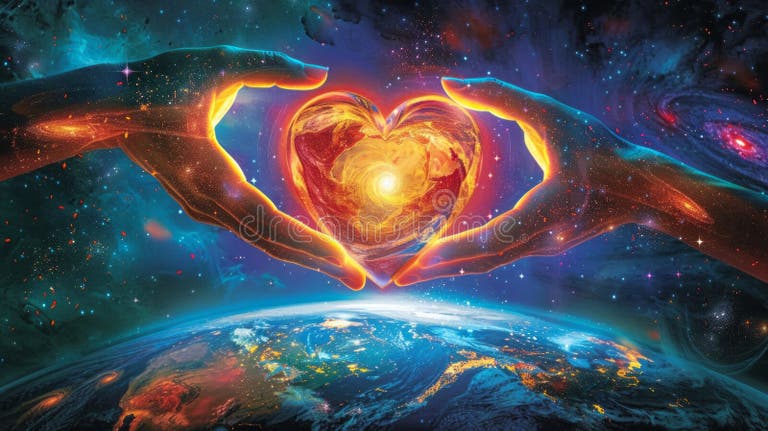
The Many Faces of Love
Ancient Greek thinkers were among the first to categorize this expansive concept, recognizing that the "love" we feel for a child, a friend, or a partner are distinct phenomena. Today, these forms remain crucial to understanding our relationships:
Eros (Romantic/Passionate Love): Named after the Greek god of desire, this is the intense, thrilling love characterized by physical attraction and a craving for closeness. It is often fueled by a surge of chemicals in the brain, including dopamine and adrenaline, creating that intoxicating "falling in love" high. Philia (Affectionate Love/Friendship): This is the deep, loyal affection shared between friends and equals. It is rooted in mutual respect, shared values, and companionship—a non-sexual love that is vital for well-being and health. Storge (Familial Love): The natural affection between family members, like the unconditional bond between a parent and child. It is rooted in kinship, trust, and a powerful sense of commitment. Agape (Selfless/Universal Love): Often described as unconditional love, this is a benevolent, charitable concern for the good of others, extending beyond personal relationships to humanity as a whole. The Science and Psychology of Connection
Modern psychology and biology offer compelling insights into love. Psychologist Robert Sternberg’s Triangular Theory of Love suggests that love is composed of three components: Intimacy (closeness and connectedness), Passion (drives leading to romance and sexual desire), and Commitment (the decision to stay with the other person). Different combinations of these three result in various types of love, such as Romantic Love (Intimacy + Passion) or Companionate Love (Intimacy + Commitment).
Biologically, love is an evolutionary imperative. Anthropologists like Helen Fisher have broken the romantic experience into three overlapping brain systems: Lust (for seeking a mating partner), Attraction (for conserving energy by preferring a specific partner), and Attachment (for mutual defense and parental duties). These stages are mediated by hormones and neurotransmitters like dopamine (reward), oxytocin (bonding), and vasopressin (long-term commitment).
Love as Action
Ultimately, love is not just a passive feeling; it is an active choice. Sustaining any form of love, especially in long-term relationships, requires mutual respect, vulnerability, open communication, and a commitment to the other person's growth and well-being. It is a continuous process of giving, forgiving, and reaffirming the value of the bond. Whether expressed in a lifelong partnership, a deep friendship, or an act of profound kindness, love remains the most universal and meaningful force in the human experience.